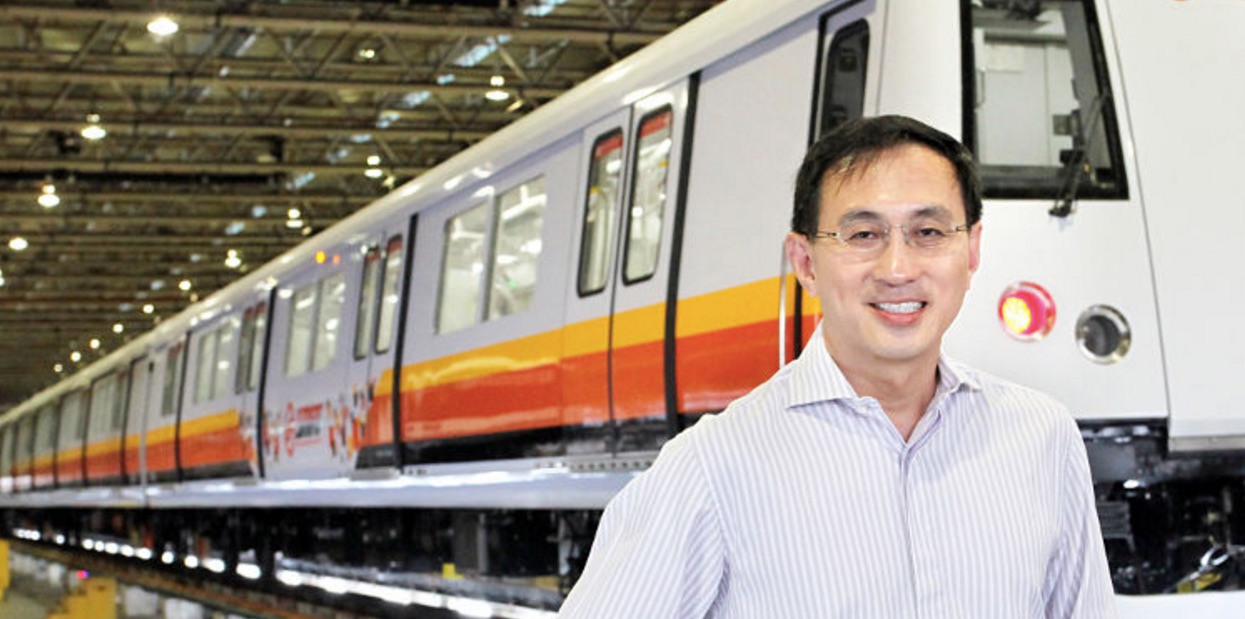Politicians who cry publicly may be perceived on one hand as weak and not in control, and on the other as sincere and compassionate.
Prime Minister Lee Hsien Loong has cried – or been teary-eyed – on a number of occasions, the most recent being the National Day rally on Sunday. He struggled to rein in his emotions as he recounted Singapore’s struggle for independence and invoked the name of his father.
On July 4 last year, at the end of a two-day Parliament hearing on allegations raised by his siblings over 38 Oxley Road, PM Lee also cried while recounting the his father’s role in leading the fight for independence.
After taking multiple pauses, he said: “After so many years, I’d be unable to fulfil the role which my father hoped I would.” He was referring to his father asking him to take care of his mother and siblings.
After the passing of his father, PM Lee also cried both at the funeral and during TV interviews.
Clearly, the memory of his father, and his father’s struggles and sacrifices are the trigger point for PM Lee’s tears.
That he continues to cling on dearly to the memory of his father is most obvious.
In a CNBC interview early this year, PM Lee recounted the sort of advice his father would be giving him now. The interviewer followed up with: “You can hear his voice in your head?” And the reply from PM Lee: “Yes, we can imagine that.”
He continues to be visibly moved whenever he talks about his father, as was the case during the National Day rally when he invoked his father’s name twice.
How are PM Lee’s tears perceived by Singaporeans? It is reasonable to surmise that his tears have done him more good than harm. Those who gravitate towards him see his crying as a sign that he is caring and sincere.
So it looks like it doesn’t matter that he is not exactly crying for Singaporeans; his tears alone draw sympathy.
We should expect PM Lee to shed more tears whenever he reflects on his father’s legacy, struggles and sacrifices. It does not mean that he is crying on purpose – just that he is still visibly moved at the memory of his father and has never truly got over the loss.







